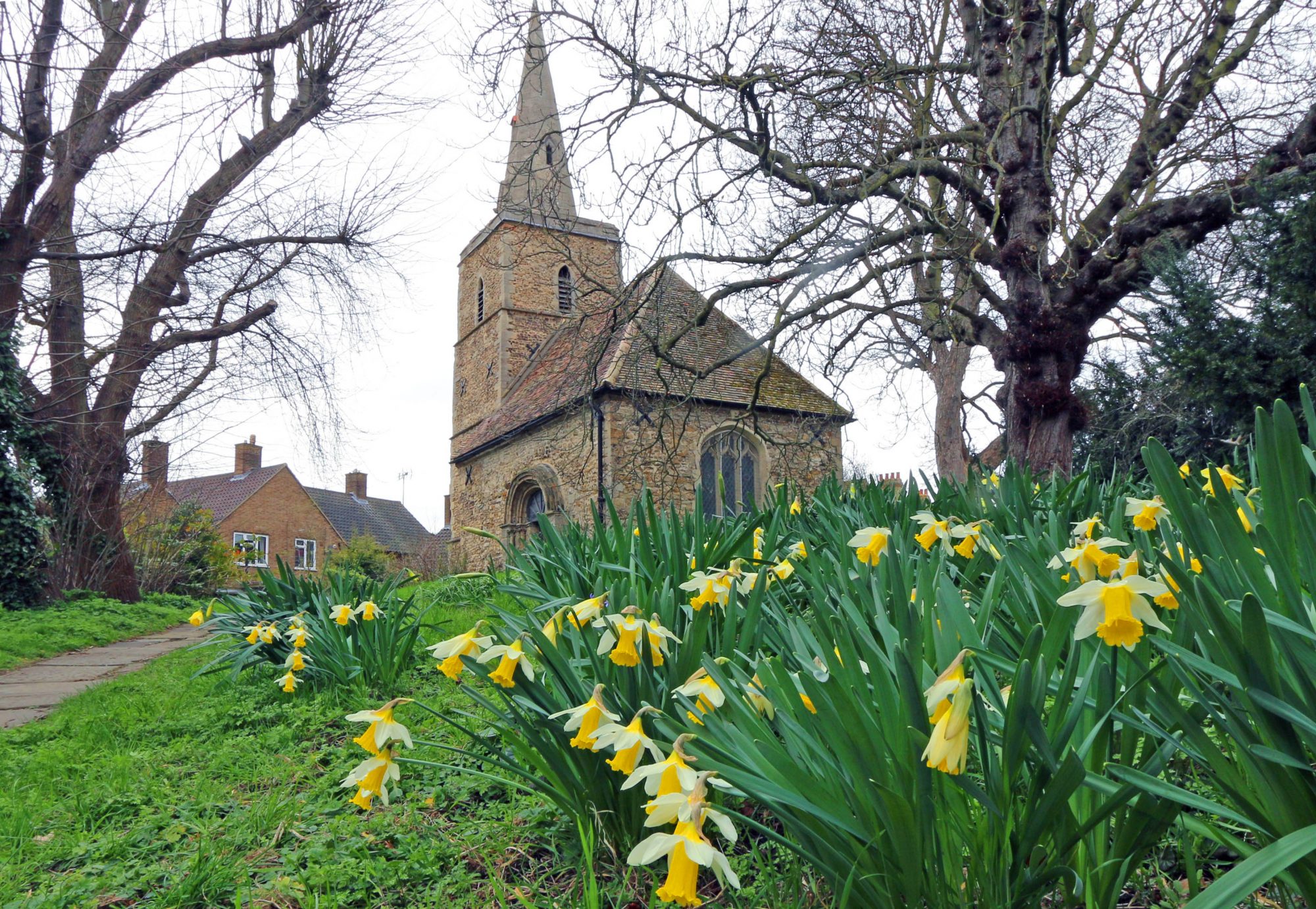Advent 4
Advent is a time for looking forward, and nothing does this better than the writings we now call the Book of the Prophet Isaiah. One writer described it as ‘simply and of itself one of the great wonders of the world, something like the vital backbone to the whole process by which the Hebrew people gifted the world with authentic monotheism.’ What we have appears in the bible to be the work of one author, but it is the work of an entire school of disciples somehow kept alive over a period of three hundred years, and maybe well longer, the vision which the Judaean court prophet Isaiah had begun to elaborate somewhere around 730 BC. This vision, of a power so much greater than any of the power politics going on around the royal court at the time as to lead to a deeply peaceful critical indifference to them (see Isaiah 7-8), was associated with Isaiah’s priestly vision of heaven surrounded by cherubim in the Holy Place of the Temple. It is a vision which we quote at every Communion Service, as we join in the heavenly chorus ‘Holy, Holy, Holy, Lord God of hosts. Heaven and earth are full of your glory.
The school of Isaiah were inspired by that vision over the next several centuries, and over time it enabled them to reinterpret the relationship of all the ups and downs of history that befell Israel and Judah, finally leading to the extraordinary clarity which we see in what is called Second Isaiah, the post-exilic reworking of the vision. There it has become clear organically, from within the vision, that the Lord in question is not a tribal deity. God is not another god among the gods. God is not-one-of-the-gods, God is more like nothing at all than what pagan peoples think of as a god. The astonishing, indeed, miraculous thing is that from the terrible experience of the exile in Babylon emerged this vision of true monotheism.
As such, though the initial vision was in the Temple in Jerusalem, Isaiah has no time for the ways in which pagan gods are worshipped, with sacrifices, with violent ritual slaughter. He sees this for what it is, an angry, wrathful and sinful act, glorifying the worst of humanity’s bestial instincts. He says
Wash yourselves; make yourselves clean; remove the evil of
your doings from before my eyes;
cease to do evil, learn to do good; seek justice, rescue the oppressed, defend
the orphan, plead for the widow.
He looks forward to the coming of the messiah, saying, as we know from Handel’s Messiah ‘The people that walked in darkness have seen a great light; for unto us a child is born, Wonderful Counsellor, Mighty God, Everlasting Father, Prince of Peace.
He looks forward to worship which is peaceful. Psalm 80 reflects Isaiah’s vision of heaven in the words ‘Shine forth, you that are enthroned upon the cherubim’ and the peaceful worship means that ‘Sacrifice and offering you did not desire but my ears you have opened, burnt offerings and sin offerings you did not require.’
St. Paul would speak of true worship, Christian worship, as being a ‘sacrifice of praise and thanksgiving’.
As we look forward to the coming of the messiah we have to acknowledge that time and again we lose the vision of Isaiah, and his vision of peace. We set ourselves against each other, and indeed against other Christians and against other faiths. Instead of one faith we have the tribal deities of catholic and protestant, Roman and Orthodox or Western and Eastern. Everyone does it: with Shia and Sunni Muslims, Buddhists against Rohinga Muslims, Chinese against their Muslim brothers. This Christmas Christians in Gaza will not be allowed to go to Bethlehem. Everywhere faith in the one God is fractured by sin into the worship of tribal deities. India, once trying to be a model of neutrality between faiths, has espoused religious bigoty.
Where do we go? Can I, as we approach Christmas, dare to hope that we may have a possibility of peace in our own land? With the present election, and getting Brexit done, there is space for a peaceful and fruitful relationship with the EEU, and there are models for that in Norway, in Switzerland and with other nations.
Better still, the tribal warfare of left and right may have to cease as the new government recognise that they need to support the whole country, the north, the old industrial heartlands, a health service for all, not just those who can afford to go private, an equal opportunity for all in good education, and policies which respond to the universal challenge to the environment and the health of the whole planet. It may be difficult to stay on course and the siren voices of tribalisms, like old time pagan gods requiring their sacrifices, may re-emerge. But let us pray that we have government for the good of the entire nation, and that peace may prevail in a land where I believe we lost our way, and our moral compass, when we went to war in Iraq.
In conclusion, please turn to today’s psalm, and in particular to this. ‘O Lord God of hosts, how long will you be angry at your people’s prayer?’ God is not going to be pleased with prayers to a tribal deity who is asked to bash our enemies. This is not the true religion of Isaiah’s vision. This is not what the coming of the Messiah was about. So, in this Advent season we pray ‘Turn us again, O Lord God of hosts; show the light of your countenance, and we shall be saved.’
